Search
Search Results
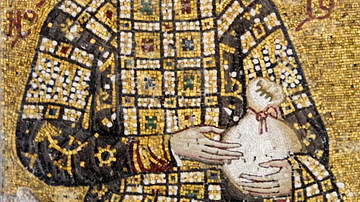
Definition
John II Komnenos
John II Komnenos “the Handsome” was emperor of the Byzantine Empire from 1118 CE to 1143 CE. John, almost constantly on campaign throughout his reign, would continue the military successes of his father Alexios I with significant victories...
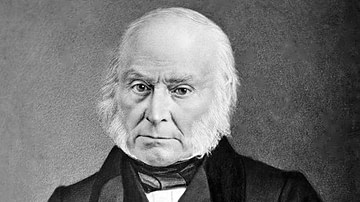
Definition
John Quincy Adams
John Quincy Adams (1767-1848) was an American statesman and diplomat who served as the sixth president of the United States (1825-1829). The son of a former president, Adams had a long and distinguished political career both before and after...
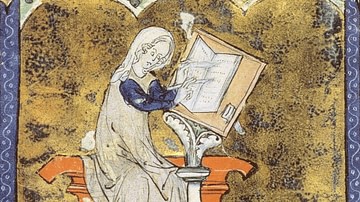
Definition
Marie de France
Marie de France (wrote c. 1160-1215 CE) was a multilingual poet and translator, the first female poet of France, and a highly influential literary voice of 12th-century CE Europe. She is credited with establishing the literary genre of chivalric...
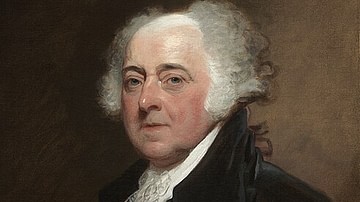
Definition
John Adams
John Adams (1735-1826) was an American lawyer, statesman, and diplomat who was a prominent leader of the American Revolution (1765-1789) before going on to serve as the first vice president (1789-1797) and second president of the United States...

Definition
Gisela of France
Gisela of France was a legendary 10th-century CE Francian princess, who, according to tradition, was married off to Viking leader Rollo of Normandy. Her name, Gisela or Gisla, comes from an Old German word meaning "to pledge", the French...
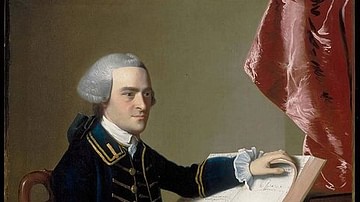
Definition
John Hancock
John Hancock (1737-1793) was a merchant, politician, and Founding Father of the United States, who helped lead the Patriot movement during the American Revolution (1765-1789). He served as president of the Second Continental Congress from...

Article
Why Did Britain & France Appease Hitler?
The policy of appeasement towards the demands of Adolf Hitler (1889-1945) regarding Nazi Germany's territorial expansion ultimately failed when the Second World War (1939-45) began. The reasons appeasement was adopted by Britain and France...
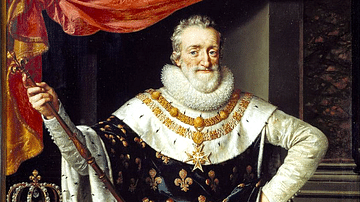
Article
Henry IV of France & the Edict of Nantes
Henry of Navarre became the nominal ruler of France after the assassination of Henry III of France (r. 1574-1589), whose marriage to Louise de Lorraine produced no heir. After years of attempts to deny the throne to Navarre, his enemies realized...

Article
The Three Estates of Pre-Revolutionary France
Society in the Kingdom of France in the period of the Ancien Regime was broken up into three separate estates, or social classes: the clergy, the nobility, and the commoners. These classes and their accompanying power dynamics, originating...
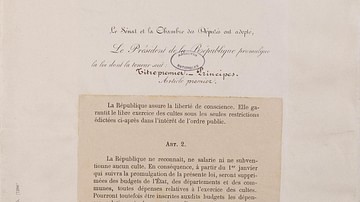
Article
France’s 1905 Law of Separation of Church and State
The 1905 Law of Separation of Church and State was enacted as the climax of decades of conflict between monarchists and anticlerical Republicans who viewed Christianity as a permanent obstacle to the social development of the Republic. The...